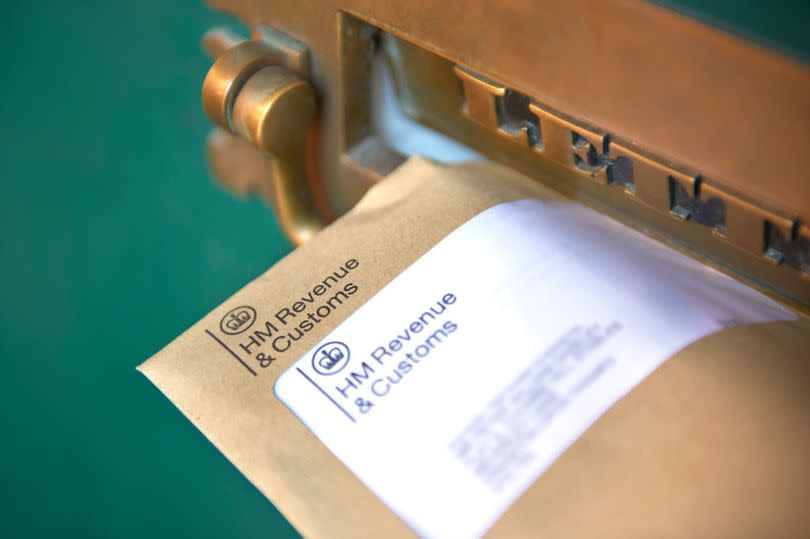HMRC warning letters being posted to households this week that can cost an average of £783

People are being warned about a brown envelope from HMRC that could land on their doormats this week, demanding an average sum of £783 from taxpayers who owe money. However, the figure could be significantly higher for some.
May is typically the month when thousands receive these dreaded letters as His Majesty's Revenue and Customs calculates who has underpaid or overpaid tax in the last year.
Experts are now advising people to have their P60s ready. These documents from your employer detail how much tax you've paid from your salary and what it's been spent on.
Read more: Petrol prices up 10p this year - find the cheapest place to buy fuel near you
Get all the latest money news and budgeting tips from Chronicle Live with our free newsletter
Cross-referencing the two can help ensure there are no discrepancies with your earnings, and failure to do so could result in a hefty fine.
If HMRC determines that you haven't paid enough tax, perhaps due to changing jobs or not declaring additional income such as side hustles or savings interest, they could demand a repayment. According to a survey by Canada Life, the average underpayment of tax for those who owe money is £783, reports the Mirror.
After checking that your tax code is correct and matches your P60, you'll need to declare any missed earnings. Failure to do so could lead to late repayment fines or even imprisonment.
If the bill is too steep to settle in one go, Brits have the option to spread the cost with a repayment plan. LV's Gillian Wrigley advised that while "everyone dreads" the arrival of brown envelopes, they can sometimes contain positive news.
"If you don't have the money to hand, explain that and they should devise a doable payment plan," Gillian suggested. "It might seem hard to believe, but HMRC is staffed by humans, and if there IS a problem and you contact them straightaway, they will usually be helpful."
Moreover, it's crucial to verify the authenticity of any correspondence. With a surge in scams exploiting HMRC's name around this time, it's wise to reach out to them directly via the official government website numberavoid using any contact details provided in the letter for certainty.
Remember, it's highly unlikely for HMRC to send text messages, so if you receive an SMS purporting to be from them, it's safer to call their official number rather than clicking on any links within the message.

 Yahoo News
Yahoo News 
